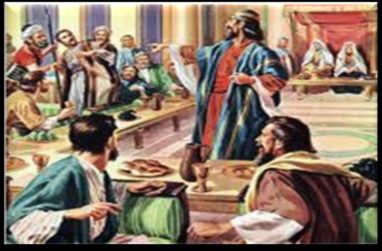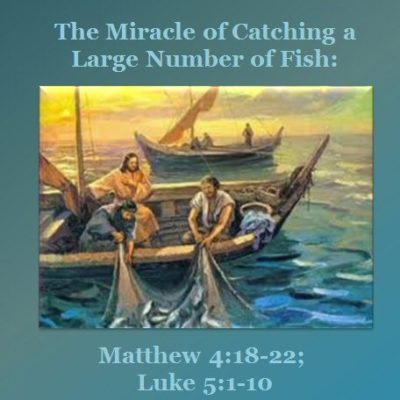The Parable of the Lowest Seat at a Feast

This parable told by Jesus is a wonderful warning to us not to think to highly of ourselves. There is always someone who is more than you are. We all know people in our lives that think they are “all that” and better than everyone else.
Luke 14:7-14
This parable was directed to how invited guests would pick the places of honor at the table.
Jesus says when you are invited of any man to a wedding; do not sit down in the highest place. Perhaps a more honorable man than you has also been invited.
It is possible that the one who invited you call you to him and then tells you to give this more honorable man the highest place; then you would with shame and embarrassment take the lowest place at the table.
When you are invited to a special event go to the lowest place; when the one who invited you comes and tells you “Friend, go up higher.” Then shall you have a good opinion from those that are in the group.
Whosoever exalts himself shall be brought to a low state or be humbled. The one that is already humbled shall be exalted.
Jesus said to the host; when you make a dinner or a supper, do not call your friends, or your brothers, or kinsmen, or your rich neighbors so that they also invite you as a pay back.
When you make a feast, call the poor, the maimed, the lame, the blind and you shall be blessed. This is because they cannot pay you back with an invite. You shall be paid back for you kindness at the Resurrection of the just.
What Can Be Learned From This Lesson?
This parable told by Jesus is a wonderful warning to us not to think to highly of ourselves. There is always someone who is more than you are. We all know people in our lives that think they are “all that” and better than everyone else.
No matter how old you are there is always someone in your school that is the best at everything. The one who receives all the awards, gets the best grades, and has all the best of the best. When these people get into the real world and out of the school setting they are shocked to find their greatness is really not that special. They find out there are many others that are equally as smart, good looking, got great grades and are still the best of the best.
It would be really embarrassing that to be at the head of a table at an event and be asked to move so someone else could have that position. It is much better to be asked to come to the head of the table than to be asked to leave the head of the table.
Everyone should strive to display humility which is humbleness and modesty. We are what we are because the LORD has blessed us.
Another point Jesus makes with this parable is do not do things because you expect others to do the same thing for you. Like do not invite only the popular kids to a party because you want them to invite you to their party. Do not invite the rich kids to your party because you think they will bring better gifts. Be honest and righteous in your dealings with others.
Sometimes we forget that Jesus knows our very hearts and knows the reasons we do things. We will be judged and rewarded for the good we do in His name on the day of resurrection of the just.
Cite Article Source
MLA Style Citation:
Holstein, Joanne “The Parable of the Lowest Seat at a Feast:.” Becker Bible Studies Library Jan 2015.<https://guidedbiblestudies.com/?p=1898,>.
APA Style Citation:
Holstein, Joanne (2015, January) “The Parable of the Lowest Seat at a Feast:.” Becker Bible Studies Library. Retrieved from https://guidedbiblestudies.com/?p=1898,.
Chicago Style Citation:
Holstein, Joanne (2015) “The Parable of the Lowest Seat at a Feast:.” Becker Bible Studies Library (January), https://guidedbiblestudies.com/?p=1898, (accessed).


